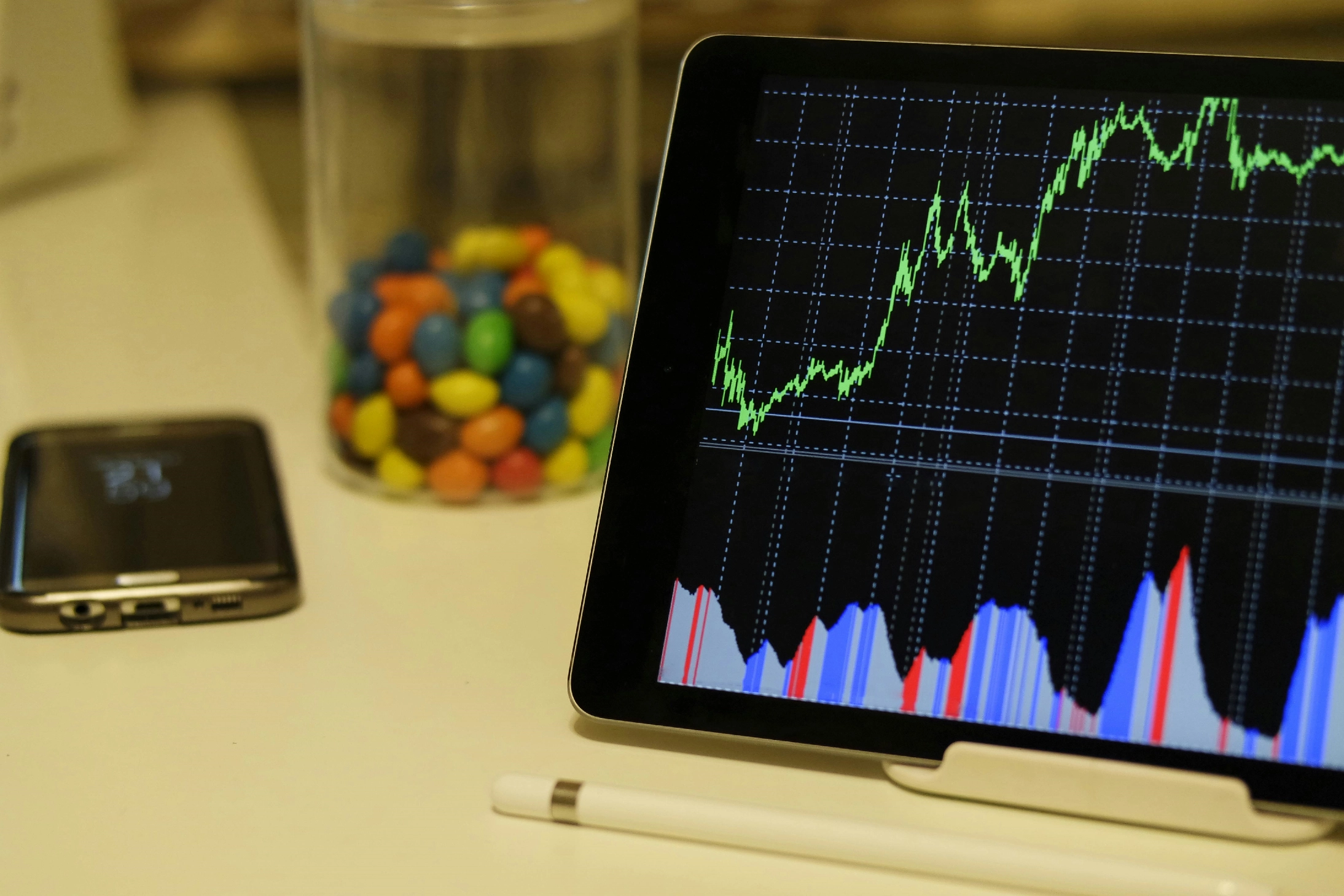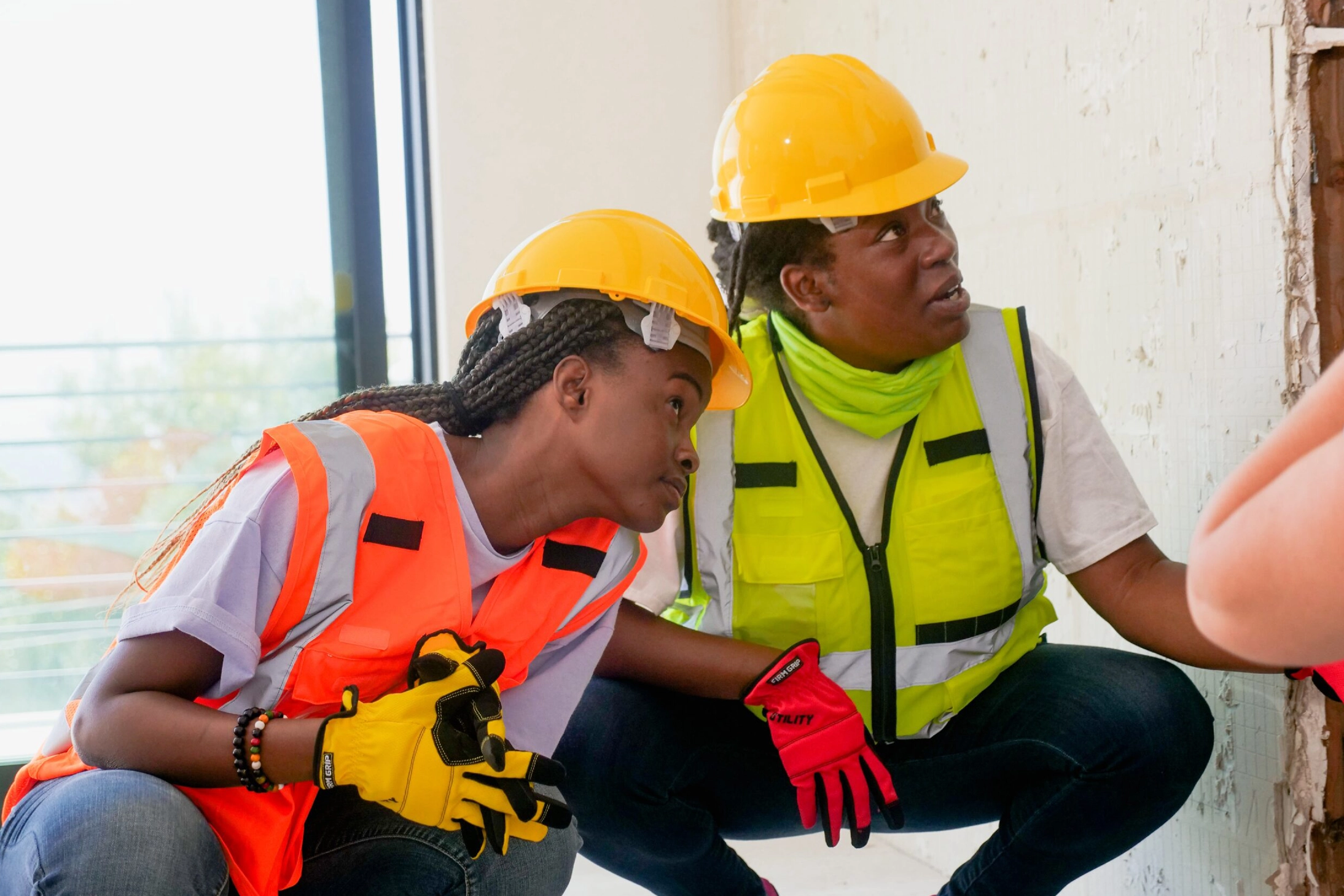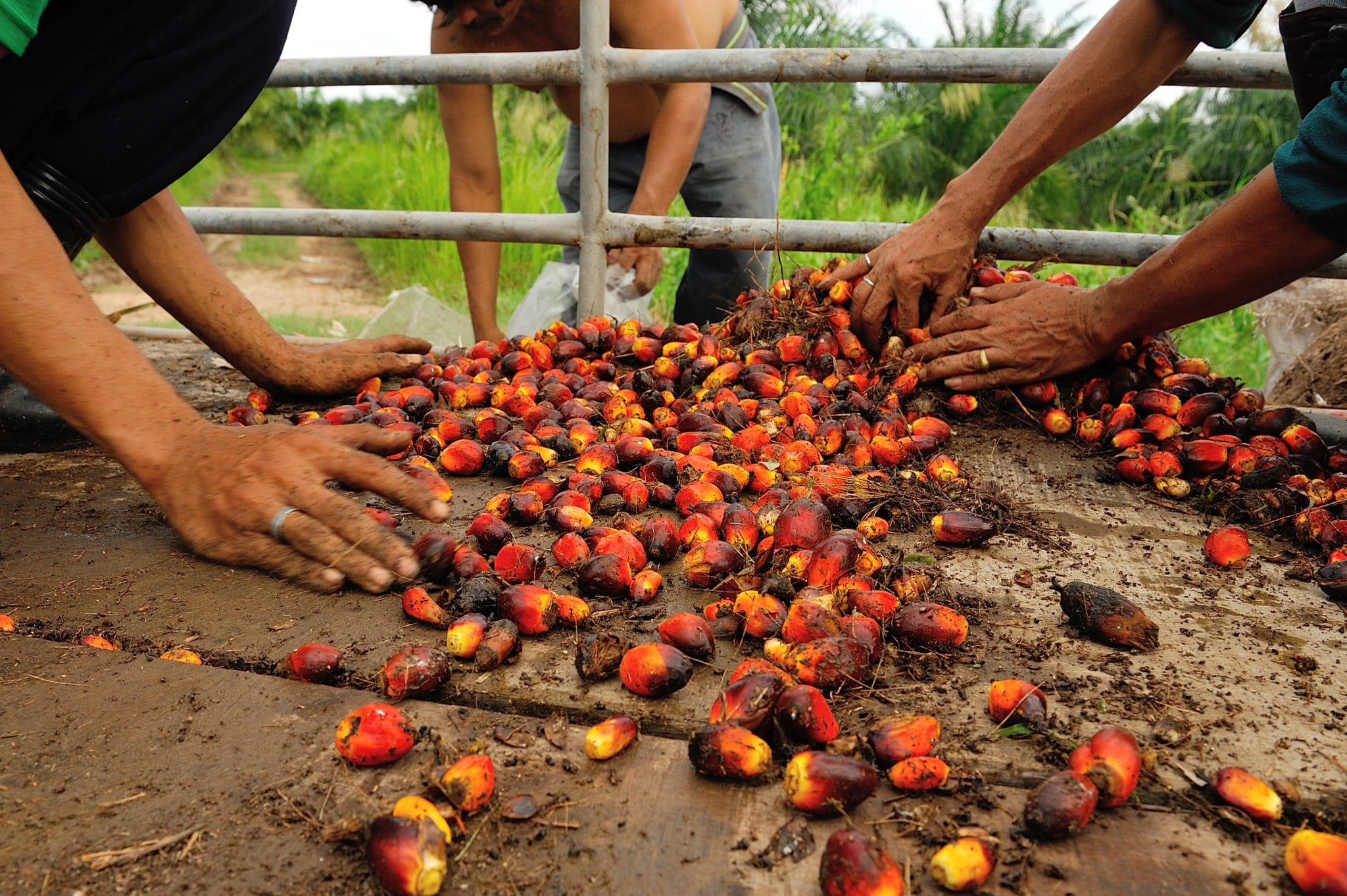
Trading Metal Commodities in 2025: The Strategic Edge of the Soana– Azaman Alliance
In a world where industrial growth, clean energy transition, and technological innovation are accelerating demand for raw materials, metal commodities have emerged as the backbone of the global economy. From lithium powering electric vehicles to iron ore fueling construction booms, the metal commodities market in 2025 is more dynamic, competitive, and opportunity-laden than ever.
Amid this global shift, a powerful partnership has emerged on the African continent, a strategic alliance between Soana Group, a diversified African conglomerate, and Azaman Global Commodities, a rapidly expanding player in the global metal and energy trade. Together, they are not just navigating the complex world of metal commodities, they are reshaping it.
The Global Metal Commodity Landscape in 2025
The metal commodities market in 2025 is defined by three dominant forces:
- Decarbonization & the Energy Transition: Green technologies have surged, with global EV sales hitting all-time highs and renewable energy infrastructure expanding rapidly. This has sent demand for critical minerals like lithium, cobalt, nickel, and rare earth metals soaring.
- Geopolitical Realignments: Supply chains remain fragile, and geopolitical competition over critical mineral access is intensifying. As a result, Africa’s vast mineral reserves have become strategically indispensable.
- Digital & Transparent Trading Platforms: Metal trade is no longer confined to traditional brokers. AI, blockchain, and real-time analytics are now at the core of metal trading, enabling better risk management, traceability, and market access.
The Soana – Azaman Alliance: A Game-Changing Partnership
At the intersection of these trends lies a powerful collaboration: Soana Group and Azaman Global Commodities. Together, these two African powerhouses are building a vertically integrated, tech-enabled metals trading ecosystem that spans from mine to market.
Soana Group brings deep expertise in infrastructure, logistics, and industrial operations across Africa. With roots in asset management, EPC services, and project development, Soana provides the strategic backbone for commodity extraction, processing, and transport.
Their on-ground infrastructure projects — roads, ports, and rail — ensure seamless logistics for bulk commodities, minimizing bottlenecks and maximizing throughput.
Azaman Global Commodities: The Trading Powerhouse
Azaman, on the other hand, is one of Africa’s most agile and globally connected commodity traders. With headquarters in Canada and operations across Nigeria, Ghana, and the DRC, Azaman specializes in base metals (iron ore, bauxite, aluminium) and strategic minerals (lithium, columbite, tantalite) essential for clean tech.
By combining deep market intelligence with strong relationships across Asia, Europe, and the Middle East, Azaman ensures market access, compliance, and pricing power on a global scale.
What Makes This Partnership Exceptional?
- End-to-End Value Chain Integration
Together, Soana and Azaman oversee the entire value chain — from extraction and local processing to international trade and delivery. This integration ensures efficiency, traceability, and value capture at every stage.
- Sustainability & ESG at the Core
Both companies have embraced ESG best practices. Their joint operations follow globally recognized environmental and social standards, from responsible mining and community engagement to clean energy use in transportation and processing.
- Digitization of Metal Trade
The alliance is also investing in digital commodity trading platforms, leveraging blockchain for traceability and AI for market forecasting, enabling transparent, data-driven trading decisions that appeal to global buyers.
The Strategic Vision: Africa as a Global Metals Hub
By 2030, Africa is projected to supply over 30% of global critical minerals needed for clean energy. The Soana– Azaman partnership is positioning itself as a continental leader in facilitating that supply.
Their goal? To transform Africa from being just a source of raw metals to a value-added processing and trading powerhouse ensuring that the continent captures a larger share of the global mineral economy.


